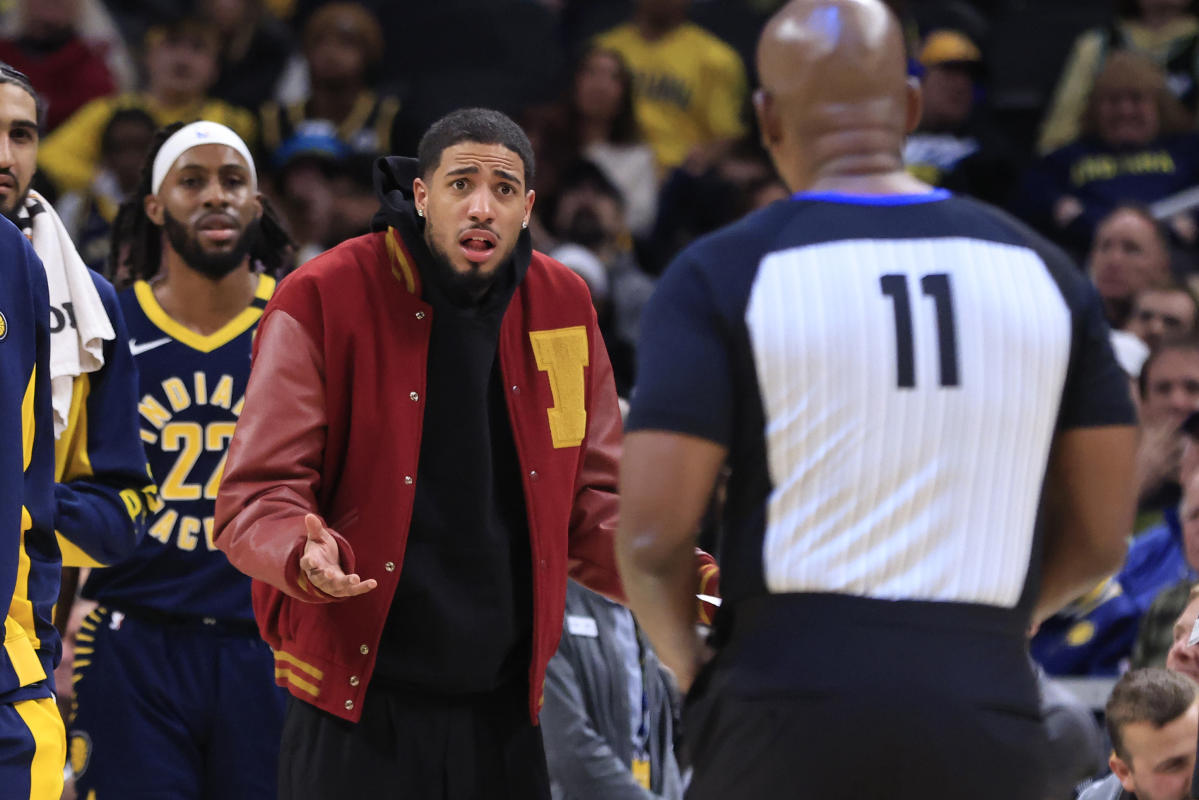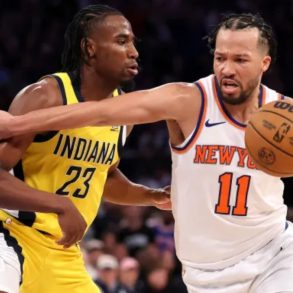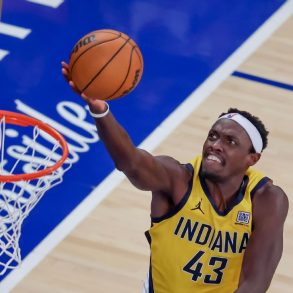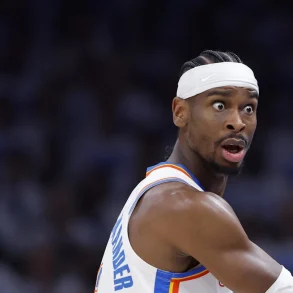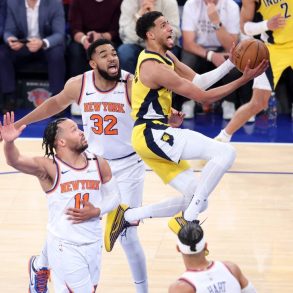Indiana Pacers point guard Tyrese Haliburton, possibly the most notable breakout player in the NBA this season, is currently highlighting the challenges associated with the league’s new load management regulations.
Haliburton inked a substantial five-year max contract in the previous offseason, which is set to take effect next season. While its base value stands at $204.5 million, it could rise to over $245 million if he secures a spot on an All-NBA roster in the final year of his rookie deal, which is the ongoing season.
On January 8, Haliburton suffered a hamstring injury, forcing him to sit out nearly all games since then. Despite making a return in a recent match against the Boston Celtics, where the Pacers suffered a 129-124 loss, he has missed a total of 13 games this season, with the injury occurring after just 13 minutes of play in the game he got injured.
Before this season, the NBA implemented new rules stipulating that players must play at least 20 minutes in a minimum of 65 regular-season games to remain eligible for awards.
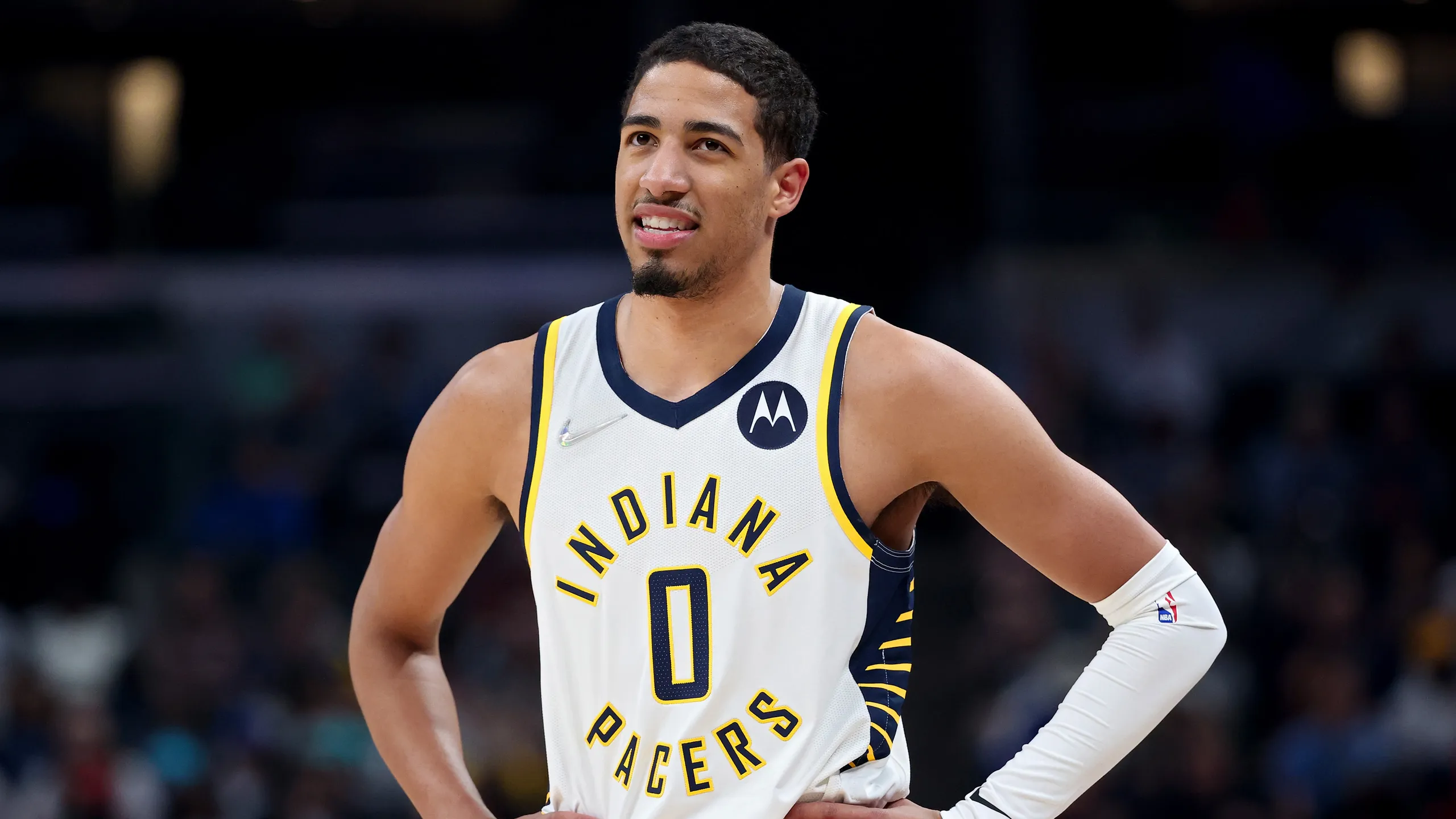
Putting all these factors together, what emerges is a situation where a rising NBA star stands to lose over $40 million due to an injury sidelining him for a few weeks in January, rendering him ineligible under the league’s stringent rules aimed at preventing players from resting excessively, as seen in cases like Kyrie Irving sitting out back-to-back games.
Having missed 13 games and being one short of the 20-minute requirement in one of them, Haliburton can only afford to miss three more games and must play at least 20 minutes in each of the remaining matches to qualify for All-NBA.
Any additional injury sidelining him for even a week would likely dash his hopes of a successful award campaign.
As the current leader in assists per game and a 20-point-per-game scorer, Haliburton would have a compelling case even if he played in only 60 games. However, the NBA’s stringent stipulations have eliminated flexibility from the equation.
Understandably, Haliburton is expressing discontent with the NBA’s rules, as he conveyed to The Athletic’s James Boyd:
“I think it’s a stupid rule, like plenty of the guys in the league, but this is what the owners want, so as players, we gotta do our job and play in 65 games if we’re able to,” Haliburton said after practice Monday. “So, that’s what I gotta do, take care of my body to be able to play in those games, and I think you’re seeing other players in the league kind of face the same thing. As long as the owners are happy.”
While it’s acknowledged that there’s only so much sympathy one can extend to Haliburton, given his guaranteed $200 million, his argument underscores that the additional money would ultimately benefit NBA owners who arguably have less need for it.
Interestingly, Haliburton, a pivotal figure in the success of the NBA’s inaugural in-season tournament, finds himself adversely affected by a rule designed to reward the type of standout season he’s currently delivering.
This situation involving the 65-game threshold is not unique to Haliburton; it could also impact the MVP race. Joel Embiid of the Philadelphia 76ers, a top contender alongside Nikola Jokic of the Denver Nuggets, is currently six absences away from falling below the threshold.
While missing over 17 games could certainly impact a player’s MVP and All-NBA prospects, Embiid’s impressive average of 36 points per game may still make him more valuable on a game-by-game basis than Jokic, who has missed only one game this season.
This raises intriguing questions for MVP voters, but the NBA’s decision to remove the debate adds an element of controversy. The 65-game threshold could become a significant point of discussion when players revisit negotiations at the bargaining table.



